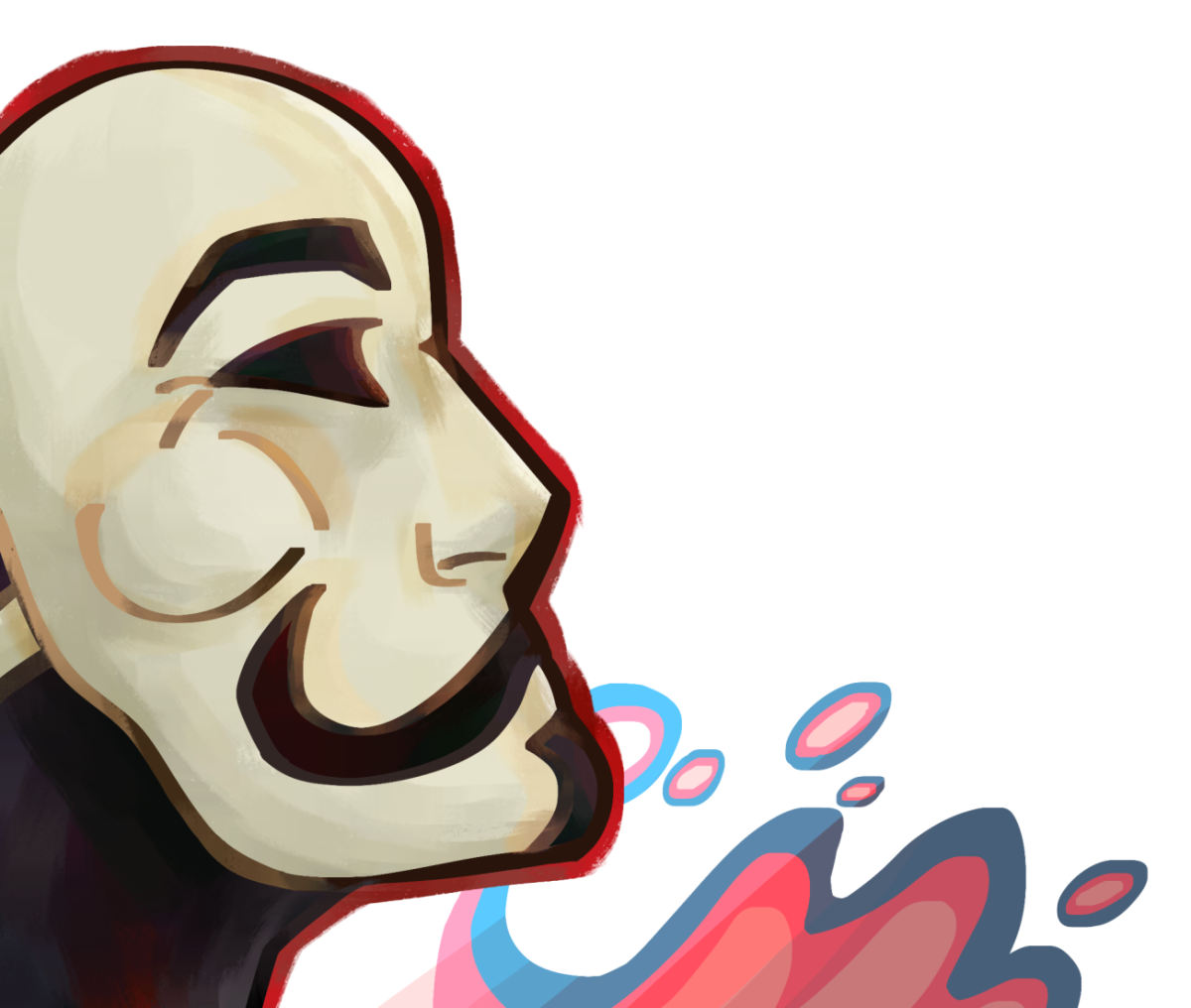When Palo Alto High School hosted a freshman assembly on Jan. 10 to posthumously commemorate the life of author Mallory Smith, her relatives present at the event were met with Paly students Airdropping offensive memes to the presentation screen under anonymous device names. The hateful content of these messages prompted one student to stand up from the crowd and denounce the assembly attendants’ behavior. She was met with vitriol of her own — the student was Airdropped the hateful message: “Shut up, trans b—.”
Talk of the event among students dissipated shortly after the incident, becoming little more than average school gossip. Though the Paly administration attempted an investigation into the identity of the perpetrators, an inability to pinpoint their IP addresses allowed them to get away without any punishment. Assistant principal Jerry Berkson was at the forefront of the investigation.
“We tried to figure out who could have done it,” Berkson said. “If you had a forensic-type operation, we could have found out. But we’re not that type of school. It limits us in what we can do. In the meantime, we have emailed staff about what you could do to help prevent people from being able to post stuff on the screen.”
Teachers also read a four-sentence address to students attending classes afterward, denouncing the language used at the assembly as hate speech and requesting any further information that might help the investigation.
The opening statement read, “Yesterday, during PRIME, it was unfortunate that some students inappropriately airdropped disturbing messages during the presentation. The final message was targeted at our LGBTQ+ community, which is considered hate speech.” Though transphobia is generally frowned upon in our community, the particular calling out of a trans student in this way deserves special condemnation and action. There are nearly 500 anti-trans bills in the United States as of March 2024, according to the ACLU, with proposed legislation looking to bar trans people from being able to hold public office, use public restrooms, update driver’s licenses, seek gender-affirming healthcare, or take shelter from domestic violence unless they do so according to their sex assigned at birth. Though Palo Alto likes to think of itself as a safe place for trans people, these individuals are still threatened by hatred and protected inadequately by many institutions
A vague condemnation is not enough. Time and time again, our community, when faced with incidents of hatred, has done little more than call out bigotry for what it is. Few efforts have been made to truly address the root of the problem: a lack of education about transphobia and why exactly it’s so important to stand against it. While Paly does educate on LGBTQ identities in its Living Skills class, we would appreciate increased education on the struggles of the trans community and additional lessons on how to collectively respond to anti-trans bigotry targeted at oneself or one’s peers.
Simply calling out this behavior is not enough. Without direct reforms to our curriculum that would address the root of this problem, the wound that is transphobia will continue to fester.
It is our collective duty to rise against the wave of hatred and stand in solidarity with trans people. Our reactions to cases of transphobia in our school community send a message to queer people in the greater Silicon Valley community and beyond When we don’t push back strongly enough, we become part of the problem, allowing bullies and lawmakers to continue cycles of oppression against some of the most vulnerable members of society.
As states continue to vilify the very existence of trans people, safe spaces — real safe spaces — become all the more important. If we are to truly become a safe space, we cannot afford to keep standing by.
